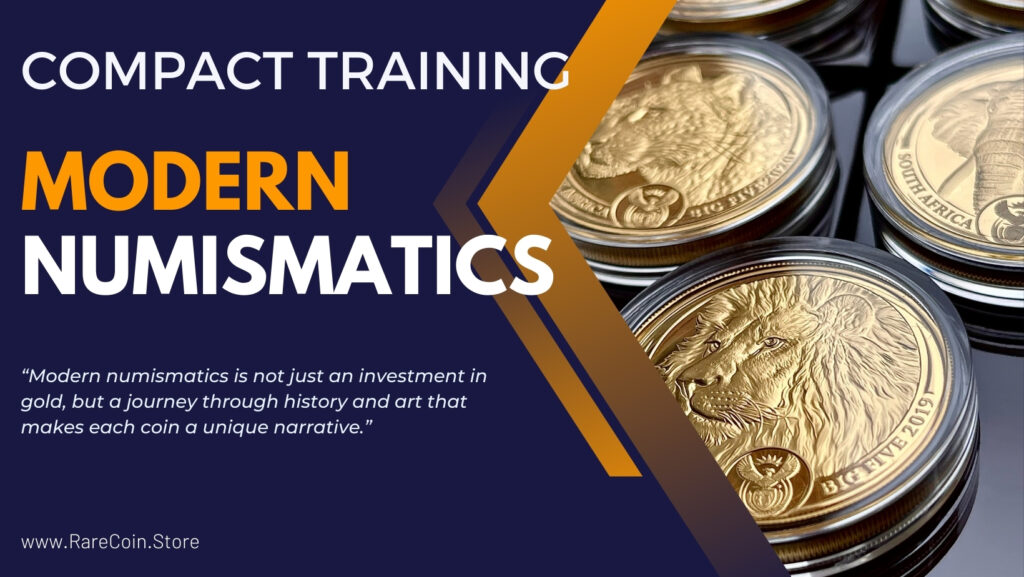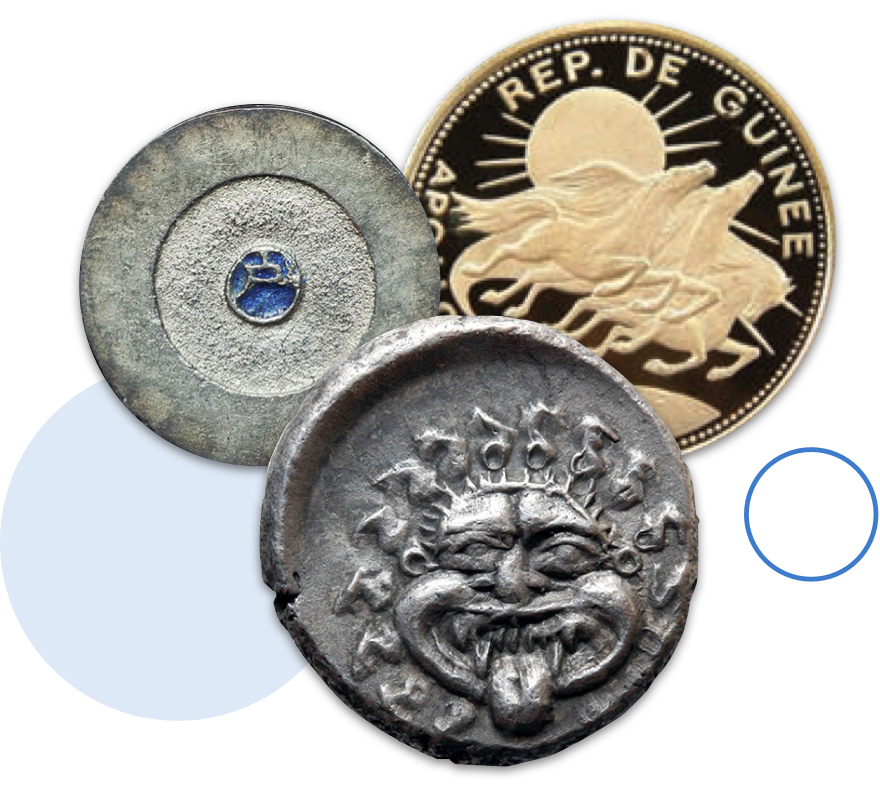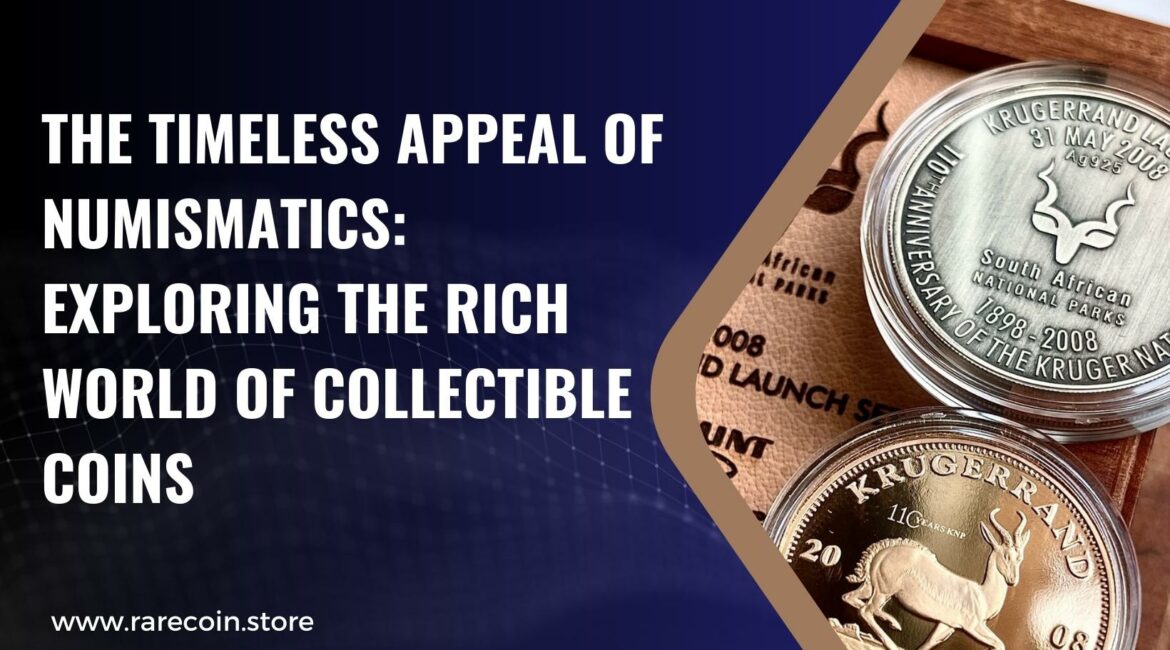New Advice On Selecting Banknote Storage And Banknote Certification
New Advice On Selecting Banknote Storage And Banknote Certification
Blog Article
How Can I Find Out More About Numismatics With Respect To Global And Regional Associations Using An Online Database?
Researching numismatics with regards to global and regional associations requires utilizing databases that provide information on numismatic organizations, conferences publications, as well as collaborative projects. Here's a method to conduct such research:Database Select databases that focus on the field of numismatics, like the websites of the major numismatic associations like the American Numismatic Association (ANA), the International Numismatic Council (INC), or regional associations like the Numismatic Association of Australia (NAA). JSTOR along with other repositories and databases for academics provide access to scholarly papers and conference proceedings.
Define Research Focus: Specify your research objectives. You may be interested in the history of numismatic societies, their activities, regional collaborations and conferences or specific numismatic issues that these organizations discuss. Clarify the focus of your research.
Search Strategy: Use keywords like "numismatic associations", "global numismatics", or "regional numismatic societies" depending on the context. You can also include the names of particular groups or regions. Utilize advanced search options to narrow results by the date, the content (such conference papers or newsletters) and geographic scope.
Access data on global and regional numismatic organizations which include their mission, history, and membership. You can also find out information about publications and activities. Look for details on past and forthcoming workshops, conferences, as well as collaborative research initiatives. Find databases that contain information about members, contacts and leadership information.
Analysis: Analyze information to gain a better understanding of the effects of global and local societies of numismatics. Analyze how these associations contribute to the development and dissemination of research in numismatics International collaborations, publications and international collaborations.
Cross-Referencing - Check the accuracy of your findings through cross-referencing data across different databases and sources. Compare the initiatives and activities carried out by various associations in order to get a complete view of numismatic trends both at the regional and global levels.
Documentation - Record your findings by citing the sources you have used and noting any methodologies used. Note down details such as the databases that you searched with and the search terms you used, and how relevant the source you used was for your research.
Stay up-to-date: Numismatic organizations are constantly evolving by publishing new publications and conferences. They also collaborate on projects. To stay up to date on the latest developments in the field of numismatics in both regions, keep a close eye on associations' websites and databases.
These steps can assist you to use databases to investigate the numismatics of local and international associations. This method lets you investigate the organization structure, scholarly activity, and collaborative efforts which define the field of numismatics on a global as well as regional scale. View the top rated coin artist for website advice including banknote book, rare banknotes, antique coins, bank, banknote errors, treasury, coin club, commemorative coins, coin mintmark, coin certification and more.
How Can I Search Numismatics For Exhibitions & Show Events With A Database?
To conduct research on exhibitions and shows in numismatics, you will need to use databases that contain details about numismatic events like conferences, exhibitions and other events. It is a method that is structured for conducting this type of research. Websites of the most prominent numismatic associations such as the American Numismatic Association, online platforms that showcase global numismatic exhibitions or museum archives are a few examples.
Define Research Focus: Specify your research objectives. Are you interested in finding out more about past and future numismatic conference or regional coin shows, thematic or educational exhibitions as well as forthcoming exhibitions of coins? Determine the goal of your search.
Search Strategy: Use keywords such as "numismatic exhibitions,"" coin shows" or "numismatic event" and, if appropriate include the names of topics, events, locations, or other relevant details. Advanced search tools to filter results by event type including exhibitions and conferences, or geographical regions.
Data Collection: Get information on upcoming and past exhibits and events in the field of numismatics. Information such as the dates, organizers and places of events, themes or collections, exhibitors taking part in the event, catalogues or publications associated with the event, and more. They can be collected. Explore databases that offer virtual tours and access to exhibit items.
Review data to discover themes, trends and educational goals of numismatic exhibits and other events. Evaluation: Assess the impact of different shows and exhibits to promoting awareness of numismatics.
Cross-Referencing: Confirm your research findings by cross-referencing data across multiple database databases, listings of events and official websites. This ensures accuracy and completeness in your research, providing complete information on numismatic exhibition activities globally.
Documentation: Record your findings systematically, citing sources and noting the methods used. Notate the database names, search terms and relevance of each source to your research.
Stay informed. Numismatic events are constantly changing by introducing new conferences, shows and exhibits. Keep up-to-date by following the news of numismatic societies and event organizers, and databases for the latest details on events coming up.
Take these steps to efficiently examine numismatics and its relationship to exhibits and shows. This allows an in-depth study of the many exhibitions and numismatics across the globe, as well as their educational value, as well as their scholarly contributions. Have a look at the best banknote show examples for more recommendations including coin authenticity, peso, coin storage, banknote artist, coin errors, currency forum, legal tender, banknote club, peso, historical currency and more.
How Do I Search For Numismatics Pertaining To Collectors On An Online Database?
Here's a method for conducting such research:Database Selection: Select databases that specialize in collector profiles, numismatic collections as well as numismatic societies and collector interests. This is a systematic procedure for conducting this research: Database selection: Choose databases specializing in numismatic profiles, numismatic organizations and collector collections. There are a variety of options of online forums for collectors as well as websites of numismatic organizations (such the American Numismatic Association), and collector databases and research platforms that specialize in numismatics.
Define Research Focus: Specify your research objectives. Do you wish to learn more about the collection habits of a specific group of collectors, the way notable collections are formed as well as numismatic trends or the historical and cultural reasons for collecting? Find out the answers to your questions so that it can help you.
Search Strategy Make use of keywords, for example "numismatics collectors," Collector profiles," or "numismatic societies," if you wish. It is also possible to include the names of collectors or regions of the world if they are relevant. Advanced search options let you to filter by date, interests in collecting (such exonumia or coins from the past), membership in numismatic societies, and other criteria.
Data collection: Access information about collectors such as their biographies as well as collecting interests. Also, get information about notable acquisitions or contributions to research in numismatics. Details on the origin and dispersion notable collections can be obtained by examining auction results and catalog entries.
Analyze data to understand the how numismatic collectors' motivations influence their collection. Learn how collectors influence market demand, impact collecting trends and help in the preservation and dissemination of numismatic knowledge through publications, exhibitions or educational initiatives.
Cross-Referencing. Examine what you've discovered by comparing it with data from other databases, numismatic publications, and auction archives. This will ensure that your research is accurate and thorough, and gives you a better understanding of the roles and contributions of collectors in the numismatic field.
Documentation. Note your research findings in detail by listing sources and noting the techniques used. Note the details of the databases you accessed, the search terms you used, and how each one of them is related to your research.
Stay current: Numismatics' collecting interests and styles change with time. Keep track of updates on collector forums, publications from numismatic societies as well as databases for collectors who specialize to stay up-to-date on most recent developments and trends.
By following these steps, you will be able to allow you to make use of databases efficiently to study numismatics in the way it pertains to collectors. This technique allows an exhaustive study of the motives, interests and contribution of collectors in the numismatic world. Additionally, it provides insights into the historical and cultural aspects of collecting. View the most popular treasury info for more examples including euro, peso, coin die, design, treasury, banknote rarity, coin mintmark, banknote society, precious metals, coin storage and more.
How Do I Research Numismatics In Connection With Conservation And Preservation Experts Using An Online Database Of Numismatics?
For instance, you could use databases to research conservation and preservation experts. The databases include cases studies, conservation methods and conservation experts and their contributions. It is a systematic method for conducting such research. Websites of conservation organisations like the International Institute for Conservation of Historic and Artistic Works, museums conservation departments, and a specialized numismatic publications are a few examples.
Define Research Focus: Specify your research objectives. Are you interested in understanding the conservation methods applied to numismatic objects, case studies of medals or coins that have been restored or medals, preventive conservation methods, or ethical considerations in conservation of numismatics? Find out the key to your search.
Search Strategy: Include keywords such as "numismatic preservation", "coin conservation techniques", "conservation methods for medals" and the specific conservation methods, if applicable (such cleaning, stabilization or storage) in addition to the time period of historical significance. Utilize advanced search options for filtering results by date and conservation topics.
Data Collection: Access data on conservation practices as well as preservation techniques that can be applied to numismatic artifacts. Gather information, like documents on the prevention of conservation interviews with experts in conservation cases studies on treatments, and guidelines for the handling and storage of collections.
Analyze: Examine and comprehend the data in order to better understand the methods and challenges, as well as the latest innovations and advancements in conservation. Analyze conservation methods and their impact on the conservation of artifacts. Consider the application of analysis based on science when making decisions about conservation.
Cross-Referencing. Verify what you have found by cross-referencing data across various databases. This includes conservation organization websites and museum conservation departments. This will ensure precision and accuracy in your research and provides complete information on the conservation of numismatic objects.
Documentation: Record your findings in a systematic manner by citing sources and noting methodologies used. Keep track of information like databases you've accessed and the search terms you used and their connection to your research questions.
Keep up-to-date. Conservation techniques and preservation methods are always evolving thanks to technological advances and science. For the most recent developments in numismatics keep up to date with the latest news from conservation groups, museums conservation departments, and specialist conservation publications.
Follow these steps to use databases efficiently to study the numismatics of conservation and preservation experts. This technique allows for an in-depth review of the methods and ethical practices employed by conservation experts to preserve numismatic objects. It gives insight into the difficulties faced and the advances made in protecting the cultural heritage by using the techniques of numismatic conservation. Take a look at the most popular read this on coin dealer for more advice including banknote printing, coin album, currency forum, banknote magazine, coin minting, coin minting, banknote certification, banknote dealer, commemorative coins, banknote magazine and more.
How Can I Research Numismatics By Using A Database?
For conducting a study on numismatic trends It is essential to use databases that concentrate on reports from industry, market analysis, expert opinions, and publications by numismatic societies. Here's a systematic approach to conduct such research:Database Choice: Select databases that are specialized in reports on market research, industry analysis, and the publication of numismatics. Some examples include platforms for market research (like Mintel, IBISWorld) and numismatic society journals. specific databases for industry, and businesses news sites.
Define Research Focus: Specify your research objectives. Do you want to know about market trends in the present, new collecting interests, technological advances affecting the field or economic factors that affect the value of coins? Clarify the focus of your research.
Search Strategy: Make use of specific keywords to locate pertinent information. For example, "numismatic industries trends," "coin market analysis for collectors," "emerging trend in the field of numismatics." It is also possible to include keywords related to your subject (ancients, papermoney, moderns). Use advanced search features to filter results by date, industry sectors and types of publications (reports and articles, or market analyses, etc.).
Data Collection: Get data on trends in the industry and insights in numismatics. Find out information about market research reports on coin collecting trends and articles on technological advancements (like digital cataloging tools and authentication technologies) and expert opinions on market volatility and economic studies that affect the market for numismatics.
Examine the data to discern trends and insights that influence the market for numismatics. Analyze market dynamics like collector demographics, shifts in the preferences of collectors (historical themes, periods) as well as the advancements in technology used for numismatics and the impact of global economic factors on market prices and demand.
Cross-Referencing: Confirm your research findings by cross-referencing information across various databases, market research reports and numismatic society publications and industry analysis articles. This guarantees accuracy and completeness of your research, providing a comprehensive view of market trends and information.
Documentation. Record your findings from research by citing the sources you used and describing the methodology used. Note the details of the databases you visited as well as the search terms that you used, and how each one of them relates to your research question.
Stay updated. Trends in the numismatics industry alter with the changing market conditions and technological advances. Stay up-to-date by keeping the track of changes from market research and numismatic publications and reports, as well as reports on the industry and its reports.
By following these steps, you can effectively make use of databases to research numismatics in relation to industry developments and trends. This method lets you gain valuable insights into trends in the market, preferences for collecting technological advancements, and economic influences within the numismatic field, providing information that is crucial to collectors, investors, and numismatic collectors alike. View the top rated banknote printing for more info including bank, banknote appraisal, bank, currency exchange, uncirculated coins, yen, coin die, platinum, authenticity, coin storage and more.